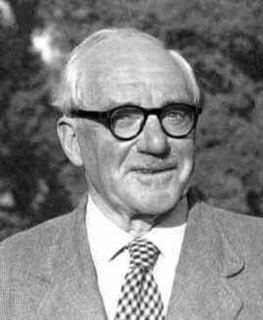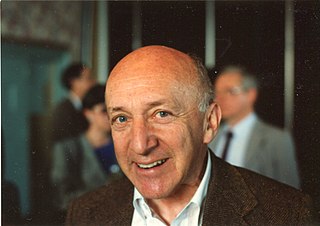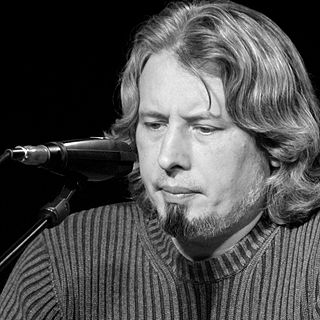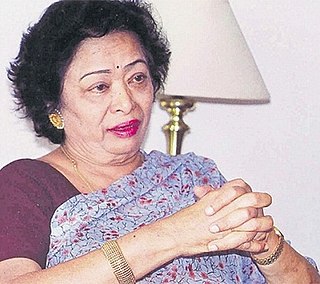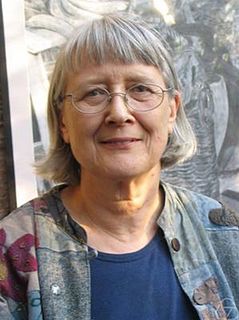A Quote by Carl Jung
The teacher pretended that algebra was a perfectly natural affair, to be taken for granted, whereas I didn't even know what numbers were. Mathematics classes became sheer terror and torture to me. I was so intimidated by my incomprehension that I did not dare to ask any questions.
Related Quotes
The theory of numbers is particularly liable to the accusation that some of its problems are the wrong sort of questions to ask. I do not myself think the danger is serious; either a reasonable amount of concentration leads to new ideas or methods of obvious interest, or else one just leaves the problem alone. "Perfect numbers" certainly never did any good, but then they never did any particular harm.
One of the big misapprehensions about mathematics that we perpetrate in our classrooms is that the teacher always seems to know the answer to any problem that is discussed. This gives students the idea that there is a book somewhere with all the right answers to all of the interesting questions, and that teachers know those answers. And if one could get hold of the book, one would have everything settled. That's so unlike the true nature of mathematics.
The lock-step approach of algebra, geometry, and then more algebra (but rarely any statistics) is still dominant in U. S. schools, but hardly anywhere else. This fragmented approach yields effective mathematics education not for the many but for the few primarily those who are independently motivated and who will learn under any conditions.
Gel'fand amazed me by talking of mathematics as though it were poetry. He once said about a long paper bristling with formulas that it contained the vague beginnings of an idea which could only hint at and which he had never managed to bring out more clearly. I had always thought of mathematics as being much more straightforward: a formula is a formula, and an algebra is an algebra, but Gel'fand found hedgehogs lurking in the rows of his spectral sequences!





